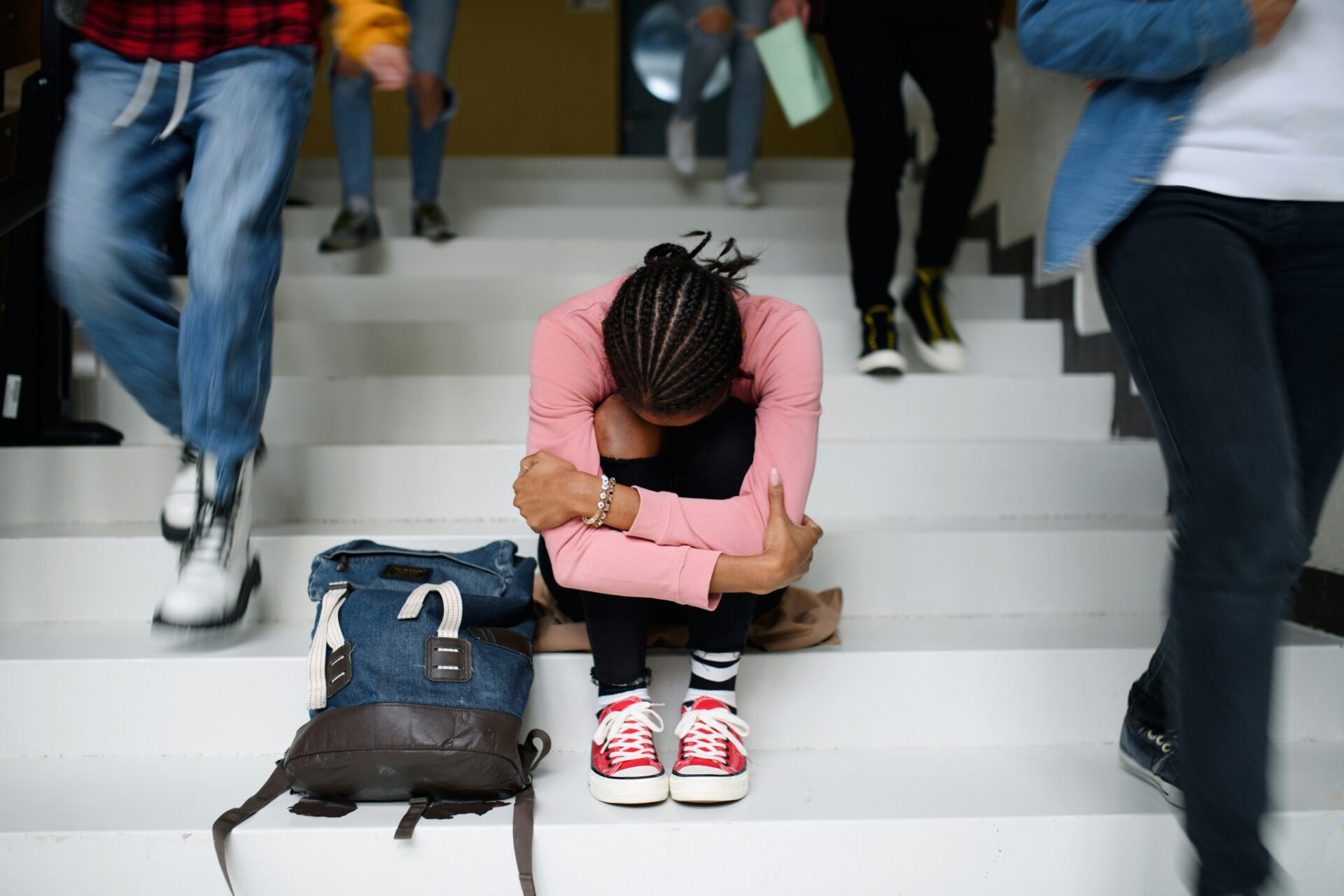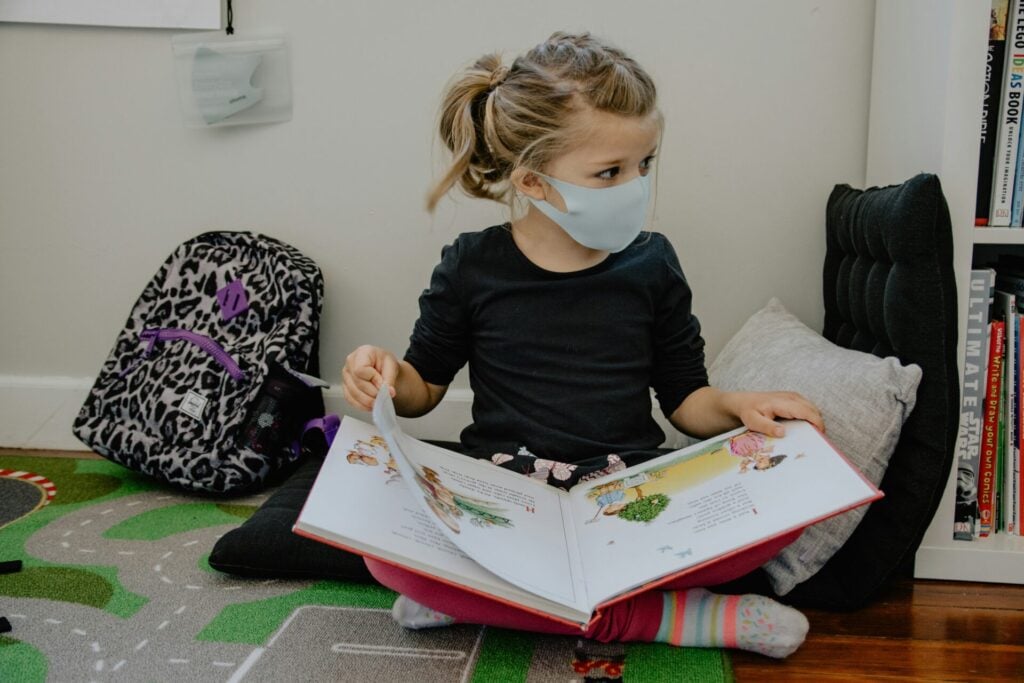Children today are facing more pressure than ever, from academic expectations to social stress, all while navigating a world that feels increasingly uncertain. As mental health issues among young people continue to rise, the role of school psychologists is becoming not just helpful, but essential.
In the U.S. about 20 per cent of children and teens deal with mental health issues during their school years. Anxiety, depression, and behavioral challenges are on the rise. At the same time, schools are often under-resourced. Many districts don’t have enough trained professionals to support students in need. Some schools share a single psychologist across multiple campuses.
When kids can’t focus, act out, or fall behind, the learning environment changes for everyone. That’s where school psychologists come in. They offer the kind of help that prevents problems from getting worse and keeps schools running smoothly.

In this article, we’ll look at what school psychologists do and why their role has become so important today.
It’s More Than Just One-on-One Counseling
School psychologists don’t just sit in offices talking to students. Their job is much broader. They work with students, yes, but they also guide teachers, talk with parents, and advise school leaders. Their role blends academic support, behavior management, and emotional wellness.
They might help a student deal with test anxiety one day and assist a teacher with classroom behavior strategies the next. They review academic records, observe classroom habits, and design plans that help students learn better. Their skills cover a wide range of needs that show up in schools every day.
Many of today’s school psychologists are entering the field through more flexible education pathways. Professionals who have enrolled in NASP approved online school psychology programs are trained to handle the same range of responsibilities as those in traditional on-campus programs. These programs are held to national standards, which means graduates are fully equipped to support students, assess needs, and contribute to school-wide planning.
Spotting Problems Early Makes a Difference
When problems are caught early, it’s easier to fix them. School psychologists are trained to identify warning signs before they grow into serious issues. That might mean noticing a child who’s unusually quiet or one who keeps acting out but hasn’t been flagged yet.

Early support can prevent students from falling behind or getting suspended. With the right help, students can stay in class, keep learning, and feel more connected to their school. School psychologists play a key role in setting that process in motion.
Creating Safer, Calmer School Spaces
A safe school isn’t just about preventing violence. It’s also about building an environment where students feel respected and supported. School psychologists help make that happen. They design behavior plans, train staff on conflict resolution, and help schools respond to crises.
They work behind the scenes on systems that reduce bullying, support students in distress, and manage classroom behavior. Their input leads to fewer disruptions and more time for learning. In the long run, their work helps shape a culture where students and teachers feel safe.
Teachers and Parents Need Support Too
Helping students often means helping the adults around them. Teachers face burnout. Parents feel overwhelmed. School psychologists guide both groups. They meet with teachers to offer feedback on what’s working in the classroom. They also meet with families to explain testing results or help them navigate services for their children.
This kind of teamwork makes a big difference. When teachers and parents feel supported, they’re more confident in helping students succeed. The psychologist becomes a bridge between home and school.

Special Education Needs the Right Experts
Deciding if a student qualifies for special education is a complex process. School psychologists are the ones who lead that process. They do detailed evaluations, meet with teams, and explain the results in clear terms.
They make sure students get the help they need without being mislabeled or overlooked. They also help shape Individualized Education Programs (IEPs) that match the student’s real needs—not just what’s easiest for the school. Their expertise keeps the system fair and student-focused.
Academic Pressure Needs Real Solutions
Students today deal with more academic stress than before. Between homework, exams, and constant comparisons with others—especially on social media—many students feel overwhelmed. This pressure shows up as anxiety, sleeplessness, and even school avoidance.
School psychologists help students manage this stress in practical ways. They teach time management, test-taking strategies, and emotional regulation. They also work with teachers to adjust workloads or classroom expectations when needed. Their support helps students feel less stuck and more capable of handling daily demands.

Understanding Cultural Differences Makes a Big Impact
Every school has a mix of backgrounds, beliefs, and languages. What works for one student may not work for another. School psychologists understand this. They’re trained to recognise how culture, family values, and lived experiences affect a child’s behaviour and learning.
They don’t just focus on test scores. They take the time to learn about the whole child. This helps avoid misunderstandings and builds trust with students and families. When cultural factors are respected, students feel seen and supported.
Support for Students with Disabilities is Essential
Some students need help beyond the usual classroom support. This includes kids with developmental delays, emotional challenges, or physical disabilities. These students have rights under federal education laws, but meeting those needs requires skill and care.
School psychologists make sure these students get fair evaluations. They don’t just check boxes—they look at each student’s strengths and needs. Then they work with the school team to develop realistic plans. Their goal is to help every student participate and succeed in school life.
Students today face academic, emotional, and social challenges that didn’t exist a generation ago. Teachers are stretched thin. Families often don’t know where to turn. School psychologists help fill that gap. They don’t just offer support—they create real change.
Their work touches every part of a school, from classrooms to counseling offices. They give students the tools to succeed, both now and in the future. With more training options available, there’s a growing path for others to join this essential profession.









